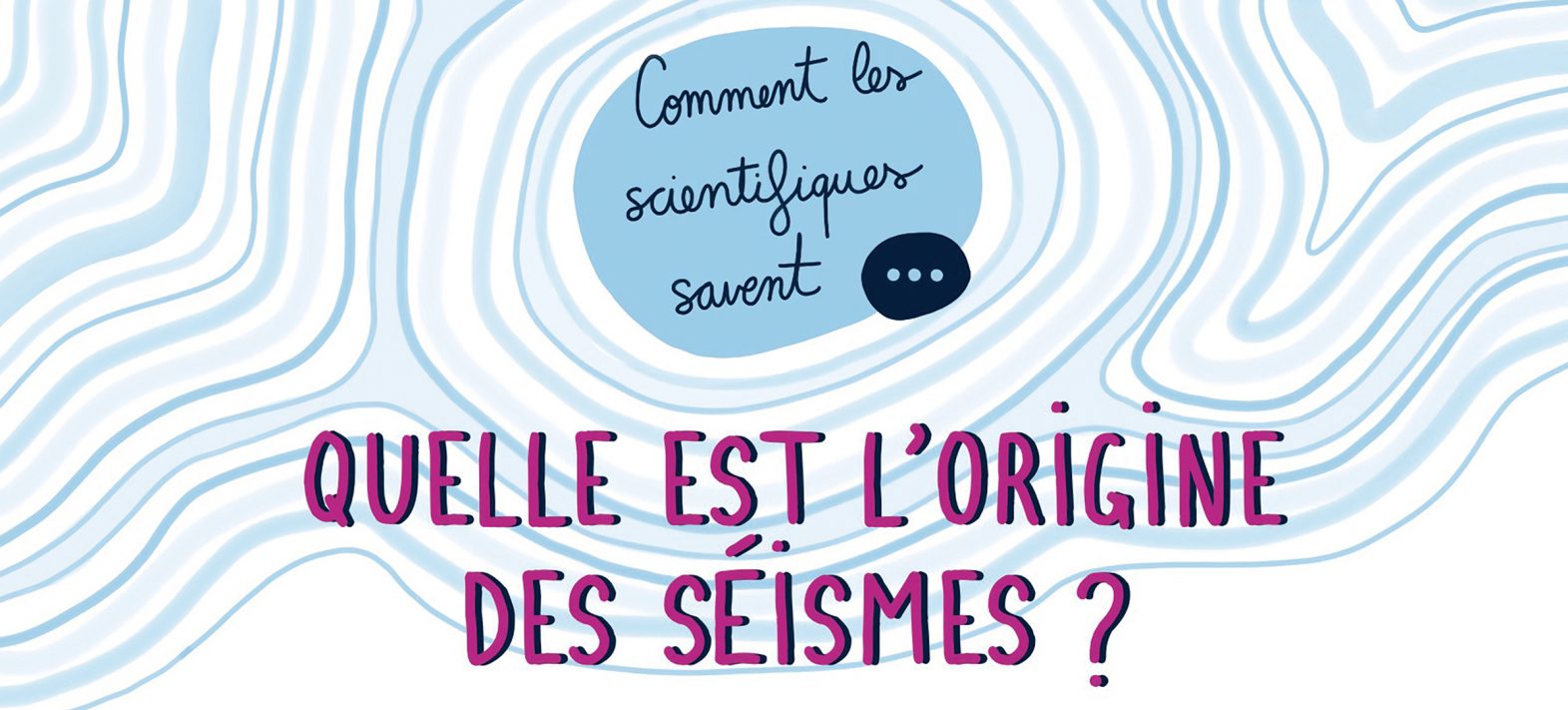“How do scientists know… ?”
This book, published on 11 May by CNRS éditions, with contributions from Kristel Chanard, IGN researcher at the IPGP, explains the scientific approach and answers the big questions in the sciences of the Earth and the Universe in an illustrated way that is accessible to everyone!

Publication date: 05/06/2023
General public, Research
How do scientists know that black holes exist? that continents drift? what is the origin of earthquakes? Researchers from the CNRS’s Institut national des sciences de l’Univers explain it all through illustrated plates in this book, published on 11 May.
> Find out more on the CNRS website and on the CNRS publishing website.







